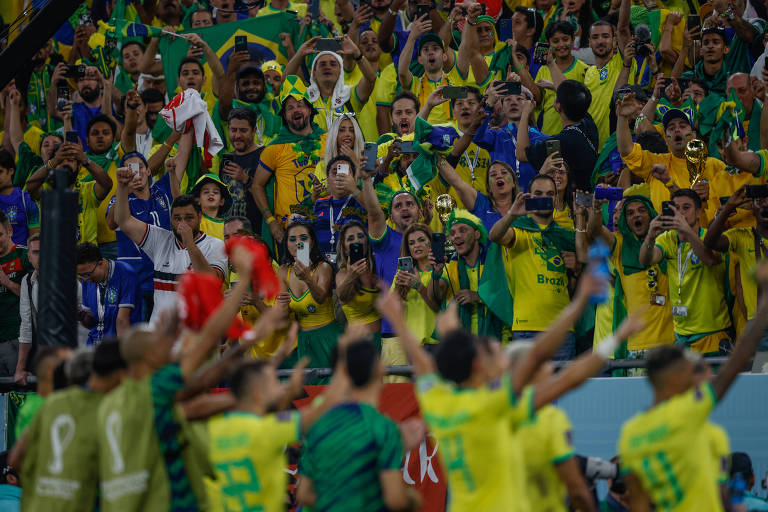Already qualified for the round of 16 of the World Cup, Brazil continues chasing its sixth victory. Concerning mathematical predictions, the scene of the Brazilian team lifting the cup is not a hard one to come true — in many of these models, the team is the favorite to win the World Cup.
Even with raised expectations, it is best to keep some moderation. Predicted results are not set in stone, and the most unexpected of outcomes can always occur—Argentina and Germany may very well say so.
Mathematical models that predict the outcome of football matches are nothing new. One of these projects, Previsão Esportiva ( 'Sports Forecast'), is the product of a partnership between Brazilian universities, such as UFBA (Federal University of Bahia) and ICMC (Institute of Mathematics and Computing Sciences), at USP in São Carlos.
Created in 2004, the initiative has been using data and mathematical devices to predict the outcome of the World Cup since 2006. "This is a way of visualizing the possibility of a certain future result occurring in relation to specific sports", says Francisco Louzada, professor at ICMC and one of the coordinators of Previsão Esportiva.
Even before the start of the World Cup, researchers from Previsão Esportiva simulated 1 million possible 2022 World Cups. Among these, Brazil appeared as champion in about 153 thousand, surpassing the chance of victory of all the other teams.
However, this does not indicate that the country is in the best scenario — Argentina, for example, was the champion in more than 120,000 scenarios. "Today, Brazil has a 15% chance of being champion, but what about the other teams? Practically, [the other 31 teams] have an 85% chance", summarizes Louzada.
Translated by Cassy Dias
